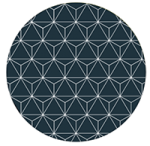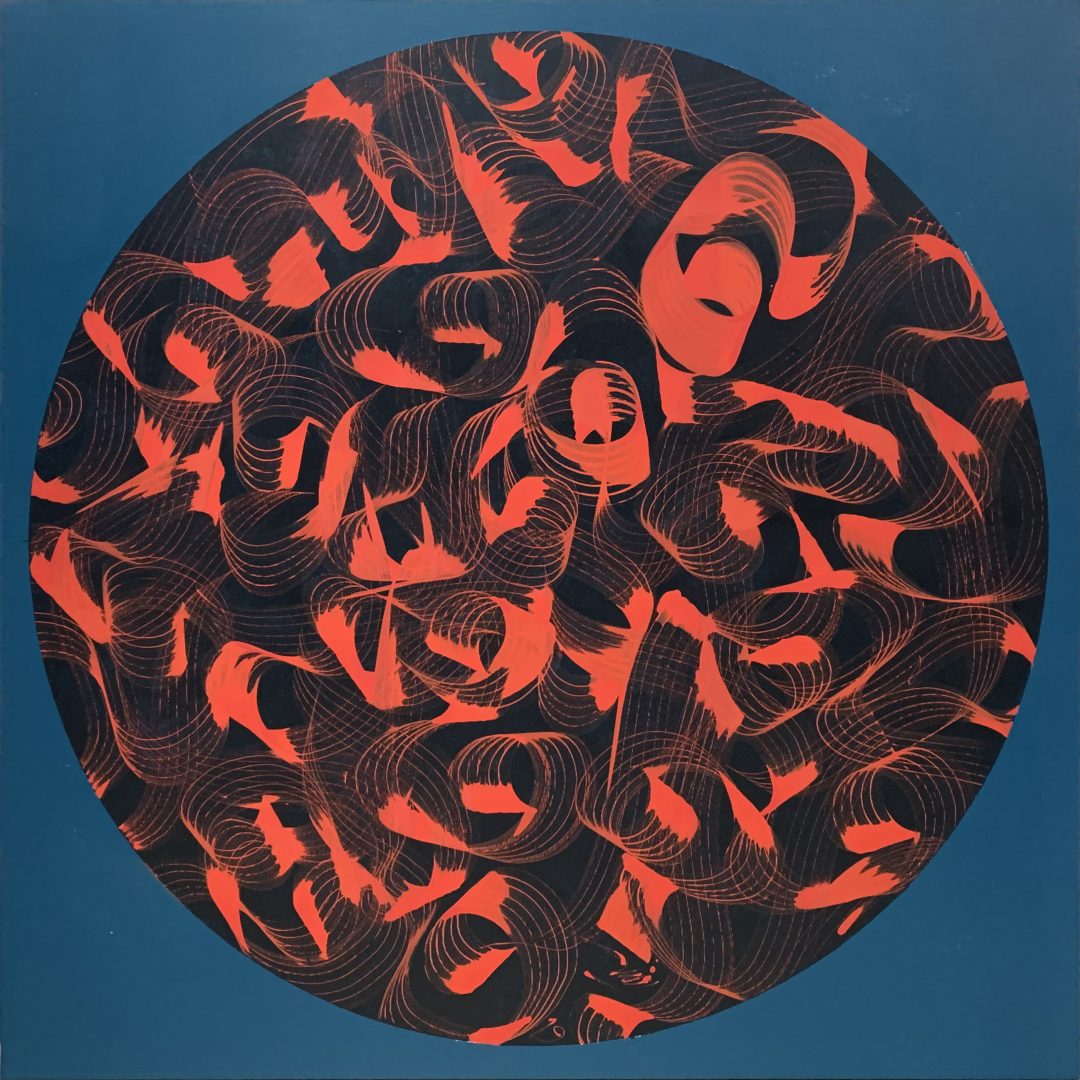The Open Call for the Social Art Award 2019 under the topic “We are the People – Peaceful Revolutions” was closed on December 15, 2019. We are very impressed by 558 submissions that were contributed by artists coming from 65 countries across all continents.
The winners of The Social Art Award 2019 are Narcissa Gold (USA), Melinda Mouzannar (Lebanon) and Bogna Grazyna Jaroslawski (Poland/Germany). The Honorary Mention goes to Kingson Kin Sing Chan (Hong Kong/UK).
Below you find the artworks, that passed the initial jury round. The public voting took place till 30 December and is a tool to give more public visibility to the topic and the artworks. It does not replace the final jury judgment. There were two wildcards for the most voted artworks that entered the final shortlist.
The focus diversity of applications shows that artists are active in the multi-faceted fields of socially engaged art reflecting on wars, genocides, femicides, traumata, violence against refugees, children, women, men, disabled people, LGBTIQs, animals. They share feelings for the planet and its living species, but also showing hopelessness due to complex crises be it climate change (e.g. in regard to water pollution), capitalism, corruption, a violation against human rights, nature, protected national parks. Many of the artists are constantly trying to give a voice to the poorest or empower unheard social groups.
It’s not only about peaceful revolutions, but it’s also about feeling a deep connection and showing love and respect for each other.
Thank you all for sharing your great and inspirational work and look at all the great contributions!
The World Of Words
Younes Faghihi
open category
Artsy “The world of words” represents forms, movements and composition of traditional Persian calligraphy which have been created by Younes Faghihi to spread peace and love around world through the transformative power of art. He creates unique forms and beautiful structures which evokes emotions and bring conceptual meaning to words. For Younes, every alphabet is like a character with feelings and emotions. He gives live to words by creating new movements and modern forms. He explores visual rhythms, flows and abstract shapes to create a new but universal language through which he express himself. To him the meanings of the words are less important than the form of calligraphy as the means of expression. He spent many of his childhood years in the heart of conflicts during Iran-Iraq war. He lost his father in the war. That’s why peace and love are very central to his works. A message of peace and love is what we need today in order to create a better world. His artworks reflects his very private and personal experiences, The way to communicate with people in a way that there is no dialogue. Younes Faghihi was born in 1981 in Iran. After graduating in Graphic Design in 1999, he received his certificate in Calligraphy from the Iranian Society of Calligraphy in 2001. He earned his degree in Visual Arts and decided to devote himself to this field in a professional and academic setting. In 2010, Younes was invited to carry out artistic research at the Cité Internationale des Arts in Paris, where he is currently based. Younes utilizes the movements and composition of traditional Persian calligraphy for his inspiration to disseminate a message of peace and love through his artworks. He spent many of his childhood years in the heart of conflicts during Iran-Iraq war. He lost his father in the war. That’s why peace and love are very central to his works. A message of peace and love is what we need today in order to create a better world. His artworks reflect very private and personal experiences, The way to communicate with people in a way that there is no dialogue. Proposed as symbol.
Artsy “The world of words” represents forms, movements and composition of traditional Persian calligraphy which have been created by Younes Faghihi to spread peace and love around world through the transformative power of art. He creates unique forms and beautiful structures which evokes emotions and bring conceptual meaning to words. For Younes, every alphabet is like a character with feelings and emotions. He gives live to words by creating new movements and modern forms. He explores visual rhythms, flows and abstract shapes to create a new but universal language through which he express himself. To him the meanings of the words are less important than the form of calligraphy as the means of expression. He spent many of his childhood years in the heart of conflicts during Iran-Iraq war. He lost his father in the war. That’s why peace and love are very central to his works. A message of peace and love is what we need today in order to create a better world. His artworks reflects his very private and personal experiences, The way to communicate with people in a way that there is no dialogue. Younes Faghihi was born in 1981 in Iran. After graduating in Graphic Design in 1999, he received his certificate in Calligraphy from the Iranian Society of Calligraphy in 2001. He earned his degree in Visual Arts and decided to devote himself to this field in a professional and academic setting. In 2010, Younes was invited to carry out artistic research at the Cité Internationale des Arts in Paris, where he is currently based. Younes utilizes the movements and composition of traditional Persian calligraphy for his inspiration to disseminate a message of peace and love through his artworks. He spent many of his childhood years in the heart of conflicts during Iran-Iraq war. He lost his father in the war. That’s why peace and love are very central to his works. A message of peace and love is what we need today in order to create a better world. His artworks reflect very private and personal experiences, The way to communicate with people in a way that there is no dialogue. Proposed as symbol.



